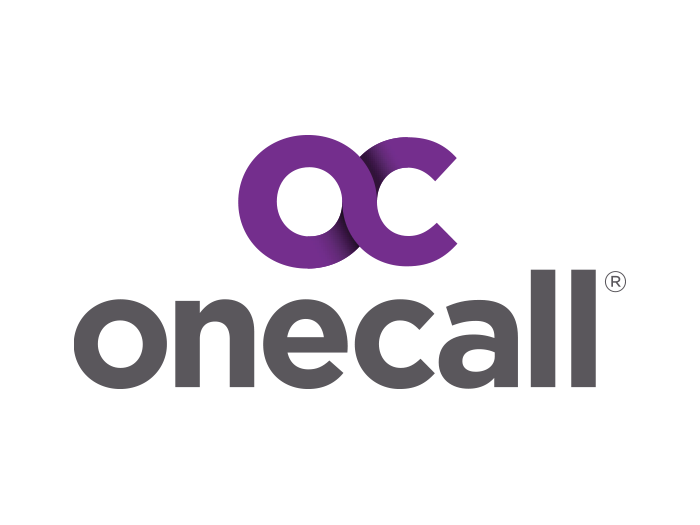White Paper
A Golden Opportunity: The Physical Therapist’s Role in Behavioral Health
White Paper Summary
More than 50% of Americans will be diagnosed with a mental illness or disorder at some point in their lifetime, while one in five will experience a mental illness each year. When it comes to workers’ compensation, this trend is especially concerning because mental/behavioral health is tied to physical health. A study of workers who missed at least five days of work due to work-related musculoskeletal injuries showed that half frequently felt symptoms of depression in the year following their injuries.
Not only does a mental health condition on top of another injury or chronic condition increase claim durations and medical costs, but it can also make it difficult for an injured worker to recover and ultimately lead to poorer health outcomes.
This connection between physical and behavioral health opens a golden opportunity for physical therapists (PTs) to address mental health, especially in the first six months following an injury. As the provider who likely spends the most face-to-face time with injured worker patients, the PT is well positioned to gain insight into behavioral or mental health concerns that are impacting recovery.
For more content like this from Healthesystems visit their RxInformer clinical journal website.







